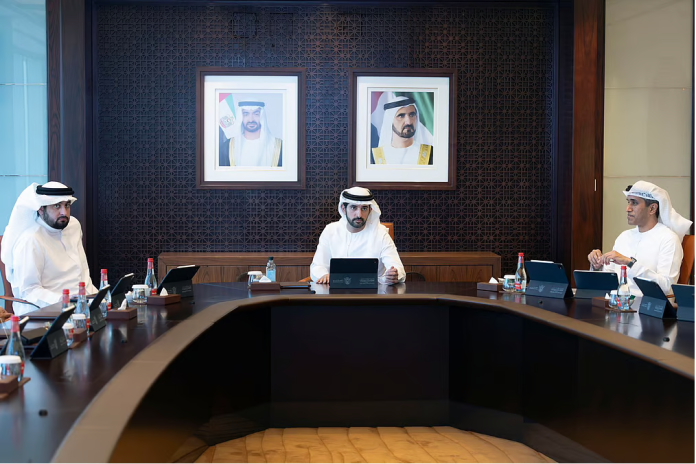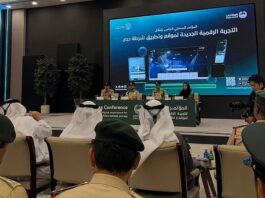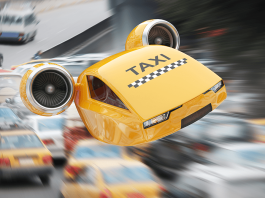Dubai is moving towards creating sustainable, livable residential areas with its Super Block initiative, which aims to establish car-free zones. Announced on Thursday as part of the city’s broader vision for a greener future, the initiative seeks to transform neighbourhoods by prioritising pedestrians and cyclists.
Residential areas such as Al Fahidi, Abu Hail, Al Karama, and Al Quoz Creative Zone will be turned into pro-pedestrian zones to enhance quality of life by increase green spaces, and fostering social interactions through shared recreational public spaces.
Sheikh Hamdan bin Mohammed bin Rashid Al Maktoum, Crown Prince of Dubai, Deputy Prime Minister, and Minister of Defence, announced the Super Block initiative on X. The initiative is in line with the Dubai 2040 Urban Master Plan, which focuses on enhancing infrastructure and promoting a greener, more sustainable urban environment.
This comes at the heels of Dubai unveiling a plan for the world’s tallest well-being resort as part of the Dubai Quality of Life Strategy 2033. The city will be allocating Dh2 billion towards the development of ‘Therme Dubai’ at Zabeel Park and will open in 2028. The new landmark will feature an interactive park and the world’s largest indoor botanical garden, designed to host 1.7 million visitors annually.
Meanwhile, Dubai is also developing a blueprint for a 6,500km network of modern walkways spanning 160 areas across the city. This project aims to enhance pedestrian access and promote soft mobility, helping to reduce carbon emissions and create a greener emirate. In addition to its environmental benefits, the network will offer residents and visitors a more scenic and enjoyable way to explore the city, further enhancing the urban experience.
The Dubai Walk master plan announced recently will include the construction of 3,300km of new walkways and rehabilitation of 2,300 current pathways by 2040, in addition to more than 900km of walkways planned beyond 2040.
In a massive green feat, as many as 216,500 trees were planted across Dubai in 2024 – a 17 per cent rise from 2023. This translates to an average of 600 trees being planted every day last year.
The emirate’s green spaces also expanded by 391.5 hectares – a 57 per cent growth from 2023 – owing to afforestation and landscaping efforts. Further, the Dubai Municipality planted 5.3 million seedlings of flowers and ornamental plants while replacing 45 million seasonal flowers across three cycles throughout the year.
Through these proactive initiatives, Dubai continues to set new global standards in community care, infrastructure, and digital innovation, while fulfilling the aspirations of its people.



